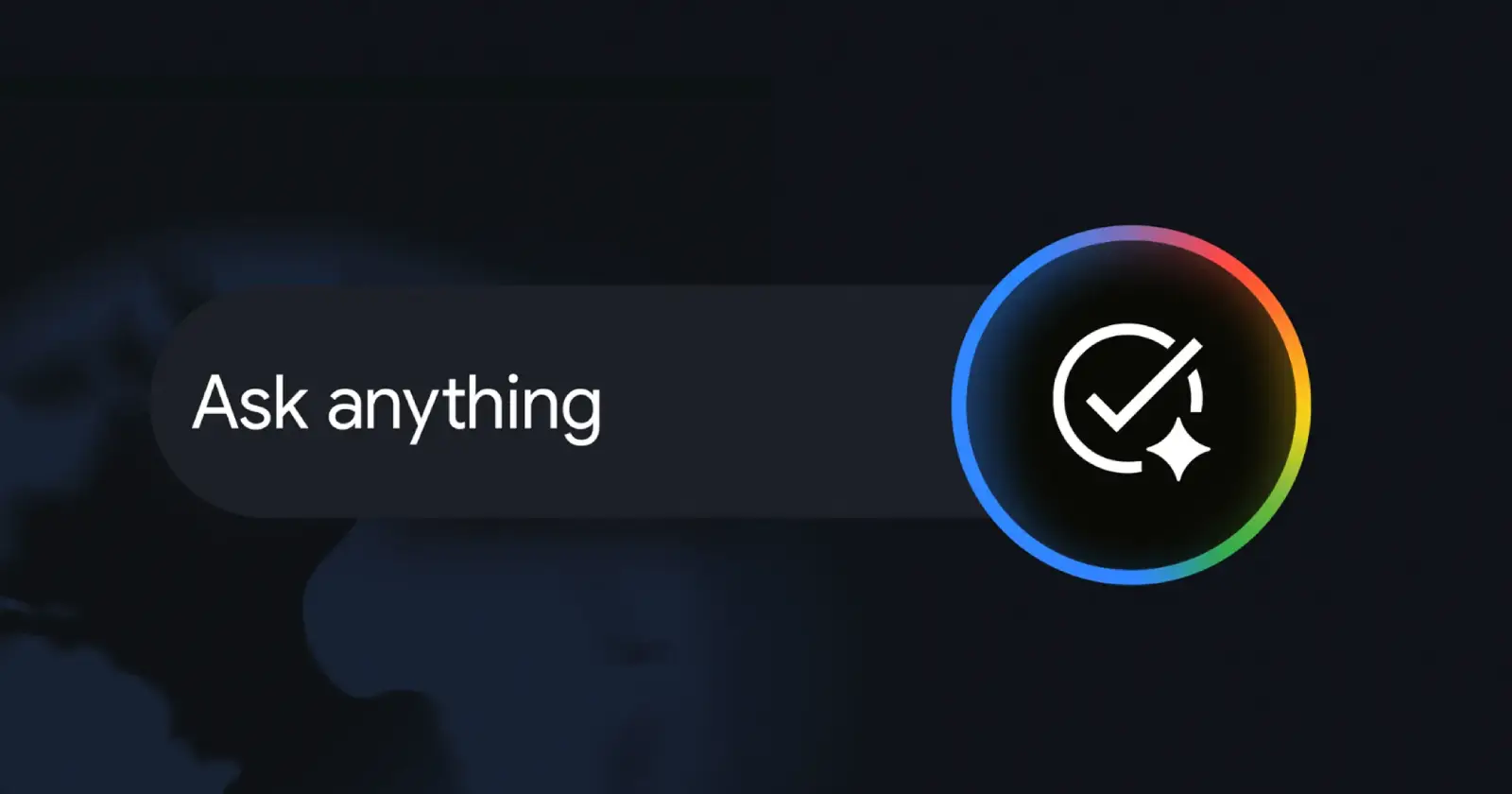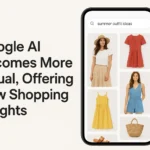A New Era in Search?
A recent update from Google’s product team has sent ripples through the digital world: Google AI Mode, Google’s conversational, generative-AI-powered search interface, may be set as the default search experience in the near future. During a brief exchange on X (formerly Twitter), Logan Kilpatrick, the lead product manager for Google’s AI Studio, succinctly replied “soon : )” when asked if AI Mode would become the default interface Search Engine LandSearch Engine Roundtable. This comes amid Google’s broader strategy, articulated by Liz Reid, head of Google Search, that AI Mode represents the future of Google Search.
From Labs to Global Rollout
Introduced officially in March 2025 via Search Labs, AI Mode leverages Google’s advanced Gemini 2.0 model, bringing enhanced reasoning, multimodal capabilities (text, voice, image), and conversational follow-up functionality WikipediaSearch Engine Land+1. Initially limited to U.S. users—including Google One AI Premium subscribers—AI Mode has since expanded to 180 countries and territories, though still primarily in English. Enhanced agentic features like booking restaurants, service appointments, and event tickets are being progressively added. Google has also made AI Mode far easier to access by introducing the shortcut google.com/ai, which automatically lands users in the AI interface, bypassing manual navigation.
What Lies Ahead: Default or Option?
Following the “soon” hint by Kilpatrick, Robby Stein, VP of Product at Google Search, clarified that while the company isn’t immediately forcing AI Mode as the default for all users, they plan to make it significantly easier to set as a preference. In summary, while not automatically replacing the classic search layout for everyone just yet, Google is navigating toward a model where users can opt in (and likely be gently nudged) to AI Mode as their default – potentially signaling a pivotal shift in how most of us search.
Why This Matters: Impact on Users and Web Publishers
For Users:
-
Faster, more conversational answers: Instead of scanning multiple websites, users get synthesized insights directly from Google.
-
Deep-dive and follow-up capability: Users can explore topics with context-aware threads, without repeating queries.
-
Enhanced multimodal support: Uploading an image, speaking into the mic, or just typing works seamlessly with AI Mode’s capabilities.
For Publishers & SEO Pros:
-
Traffic decline risk: Early indicators show major drops in referral traffic. For instance, the Daily Mail saw up to an 89% decline, while other publishers such as Forbes, HuffPost, CNN, and WSJ reported traffic losses between 17%–40% after AI features rolled out.
-
Existential threat to the open web: Many publishers liken this shift to an “existential crisis,” as the incentive to click through to original content diminishes.
-
Regulatory friction up ahead: In response, publishers are pushing for copyright protection, licensing deals, transparency from AI tools, and even pursuing legal and regulatory relief.
Beyond publishers, some experts highlight the potential for misinformation and hallucinations—risks where AI-generated answers may sound plausible yet be inaccurate—a concern long associated with LLM-backed tools.
The Broader Landscape and Courtroom Contradictions
Interestingly, while Google publicly touts the web as healthy—with executives noting an increase in indexed pages and vibrant online activity—its legal filings tell a different story, arguing the “open web is already in rapid decline,” especially in antitrust contexts. As regulators press for more openness, such contradictions underline just how high the stakes are for both Google and the future of the internet.
Final Thoughts
If AI Mode truly becomes the default, it won’t just change interface—it may reinvent search culture itself. For users, the promise of conversational, direct answers is compelling. But for content creators and publishers, it brings uncertainty and demands strategic adaptation: optimizing for AI answer formats, exploring new distribution strategies, or integrating AI in their own platforms.
In short:
-
Users gain ease and speed.
-
Publishers face the pressing challenge of visibility in a world where shop-bought summaries replace clicked-through articles.
As Google gingerly transitions us into this AI-first search era, the need to balance innovation with fairness and accuracy has never been more important.





